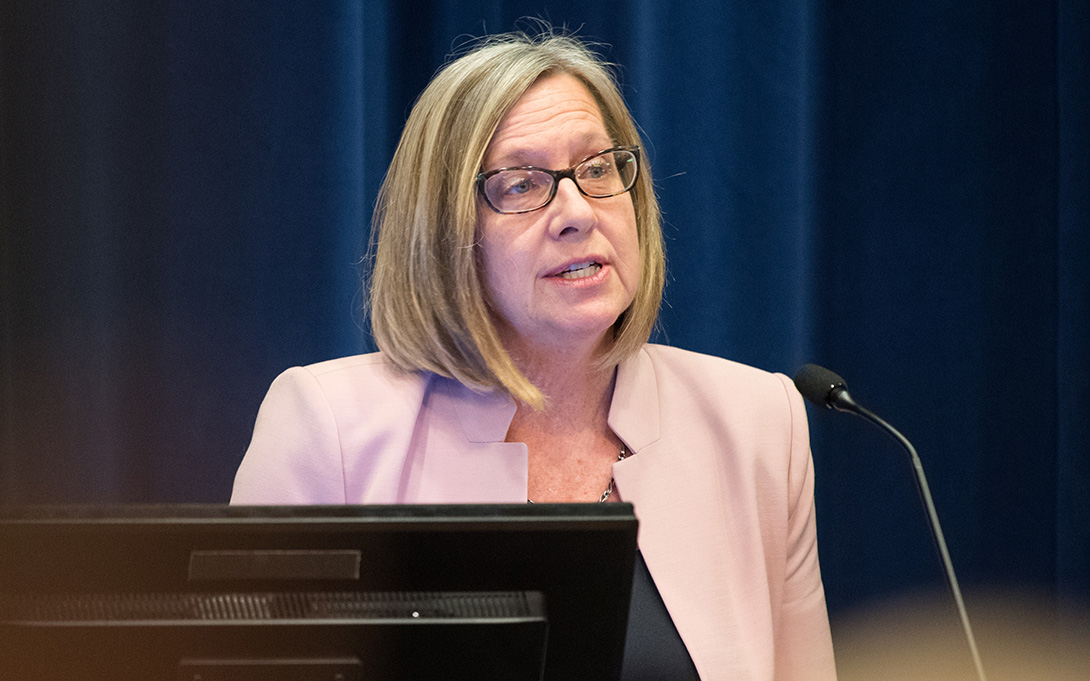
Paula Lantz, the James B. Hudak Professor of Health Policy at the Ford School of Public Policy, highlights an “overt disconnect” between the creation of President Trump’s Make America Healthy Again” (MAHA) Commission and his administration's concurrent actions that reduce federal funding for public health initiatives. In an opinion for Milbank Quarterly, Lantz urges the MAHA Commission to rely on “decades of population health research and undeniable facts” to effectively address important health issues, including improving life expectancy rates in the country.
Although the Commission is a good thing by name, she said, “the MAHA order feels like hypocrisy and gaslighting amidst the full-frontal attack on public health programs and infrastructure, health-related research and data collection, public health communications, Medicaid, environmental protections, public education, and all efforts to address social inequality by race, ethnicity, gender, and disability.”
According to Lantz, while the commission is partially motivated by the lower life expectancy and higher chronic disease rates in the U.S. compared to other nations, the administration’s cuts in federal spending and support for public health will likely exacerbate these issues.
She calls on the MAHA Commission to strengthen rather than dismantle “public health infrastructure, essential research and data systems, health insurance and social welfare programs, public education, and other investments in the myriad social factors that matter for health from the prenatal period to old age.” She advocates for the commission to lean on the population health community and invest in important research, data surveillance, and government action to meet their objectives.
